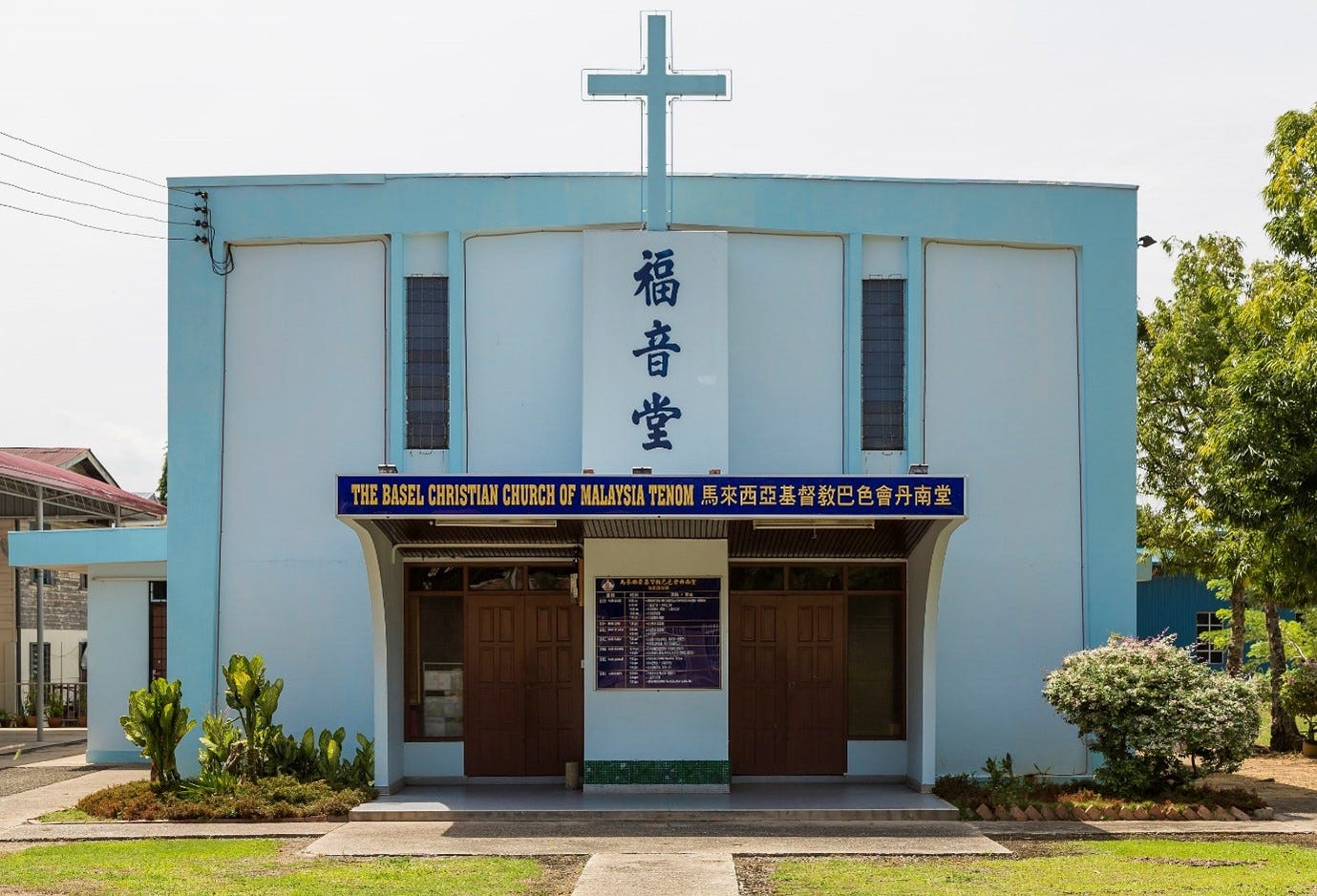By: Lee Weng Chung
As institutionalized Islam grows in Peninsular Malaysia, the east Malaysian states of Sabah and Sarawak are looking on in growing concern, raising questions if they can serve as a restraint to move the country away from its dangerous slide toward religious extremism, or if they might drift toward a de facto independence, departing as Singapore did in 1965 for other reasons.
The Malaysia Agreement of 1963, which lays out conditions for the membership of the 13-state federation, guarantees their secularism. In fact, the first of 20 conditions for Sabah and 18 for Sarawak says that there should be no state religion in these Borneo island territories. Islamic provisions of peninsular Malaysia should thus not apply to them.
Staunchly secular, religiously and racially diverse, the two states have often been cited as the country’s ideal of racial and religious harmony. Their Malays and Muslims are careful not to allow fundamentalism to take hold, particularly in Sarawak, which is the only Malaysian state with a Christian majority. Christians make up slightly more than half of Sarawak’s 2.9 million Malays, ethnic Chinese and 25 indigenous groups that include Ibans, Bidayuhs, and Melanaus. Muslims form a little more than one-third of the population…



